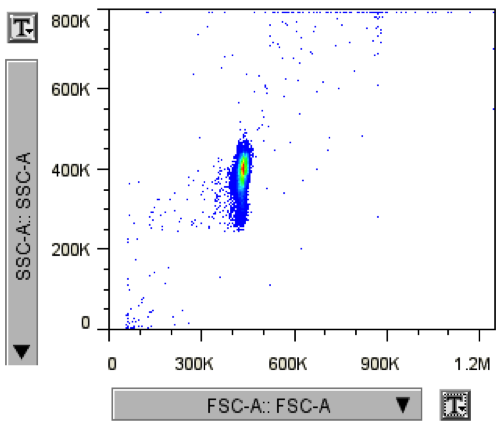
It has been suggested that loss-of-function mutations in this gene are the main cause of Filippi's syndrome 4. The CKAP2L gene is located on chromosome 2 and encodes a mitotic spindle protein thought to be important for neural stem or progenitor cells 3. Of note, pan-cancer analysis uses data from different databases to analyze the relationship between genes and tumor-related factors in different tumor types, thus providing the corresponding biological targets for the diagnosis and treatment of tumors. To overcome cancers, we must continue to improve cancer diagnosis and treatment methods.


One type of cancer that affects many people is renal cell carcinoma (RCC), which accounts for 3.8% of all new cancer cases, of which 70% of these were the renal clear cell carcinoma (KIRC) type, posing a serious threat to human life and health 2. Recent data show that by 2022, the United States will have about 5250 cancer cases and 1700 cancer-related deaths every day 1. Furthermore, CKAP2L is closely related to the tumor immune microenvironment and can be used as a biomarker to predict tumor immunotherapy.Ĭancer is a major public health issue around the world. By inducing cells to transition from the G2 phase to the M phase, CKAP2L may promote cell proliferation and metastasis. The results indicate that CKAP2L is a pro-cancer gene that serves as a potential biomarker for predicting patient outcomes. In addition, CKAP2L was closely related to immune subtypes, immune cell infiltration, immunomodulators and immunotherapy markers (TMB, MSI), patients with high CKAP2L expression were more sensitive to immunotherapy in the IMvigor210 cohort. Knockdown of CKAP2L significantly inhibited the proliferation and metastasis capacity of the KIRC cell lines and resulted in cell cycle G2/M arrest. Elevated CKAP2L causes decreased sensitivity to chemotherapeutic agents. Elevated CKAP2L expression led to poor prognostic outcomes in patients, and is an independent risk factor for most tumors.

In the majority of cancers, CKAP2L expression and activity were markedly elevated. The experiments were also conducted to verify the analysis results. The expression levels, expression activity, genomic alterations, DNA methylation and functions of CKAP2L in various tumors, as well as the associations between CKAP2L expression and patient prognosis, chemotherapy sensitivity, and tumor immune microenvironment, were all analyzed in a comprehensive pan-cancer analysis of CKAP2L by various databases, analysis websites, and R software. But there were no pan-cancer studies on CKAP2L, and its role in cancer immunotherapy is also unclear. Cytoskeleton-associated protein 2-like (CKAP2L), a cell cycle-related protein, is correlated to tumor progression in some tumors.


 0 kommentar(er)
0 kommentar(er)
